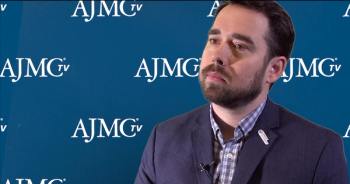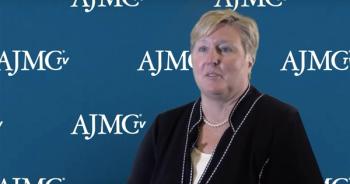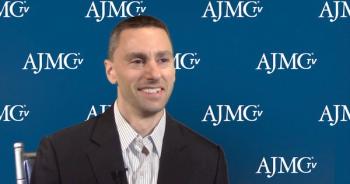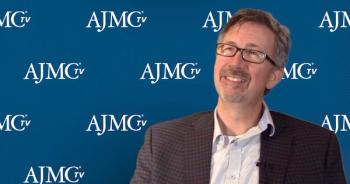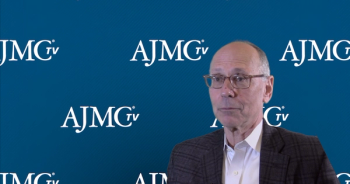
Roger Longman Offers Strategies to Analyze the Value of Emerging Drugs With Limited Real-World Data
Using value assessment models and data that predict real-world performance can assist in valuing drugs with limited or no real-world data, said Roger Longman, MA, chief executive officer of Real Endpoints.


